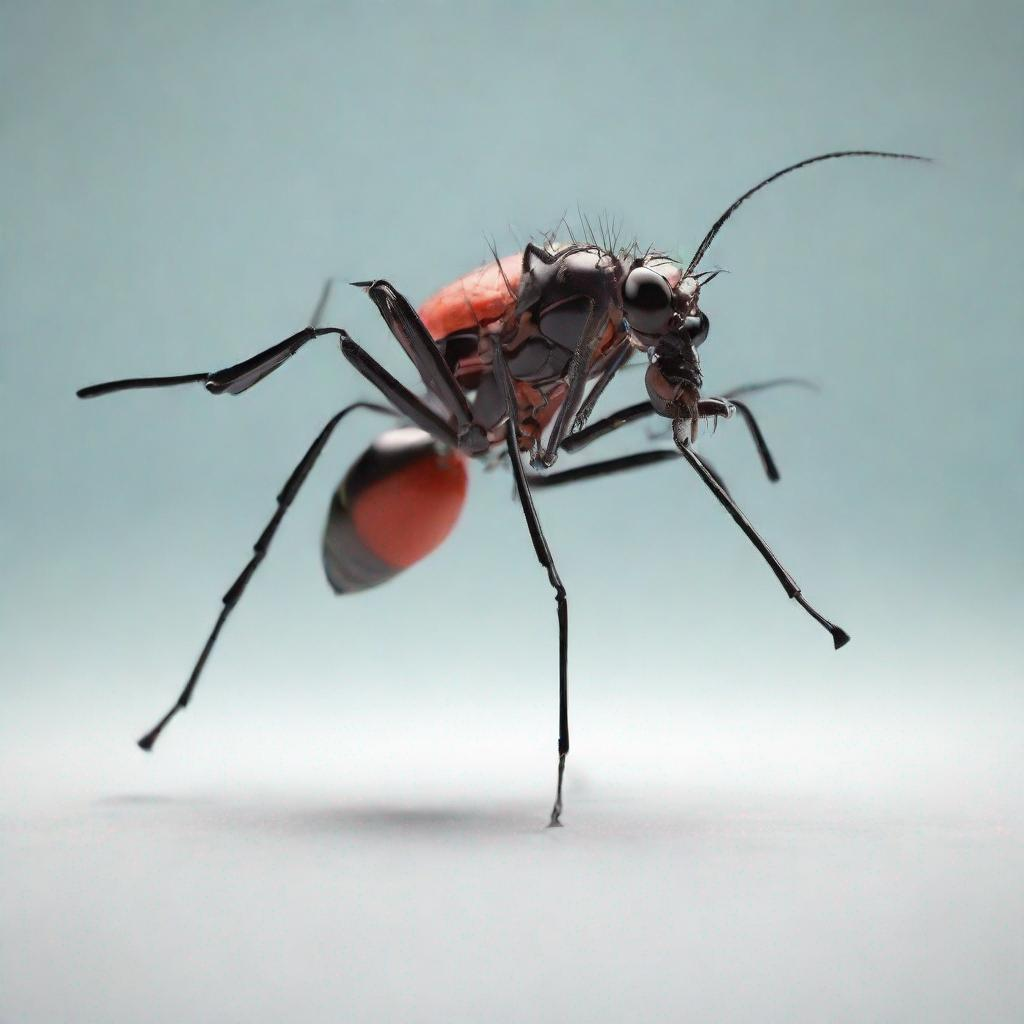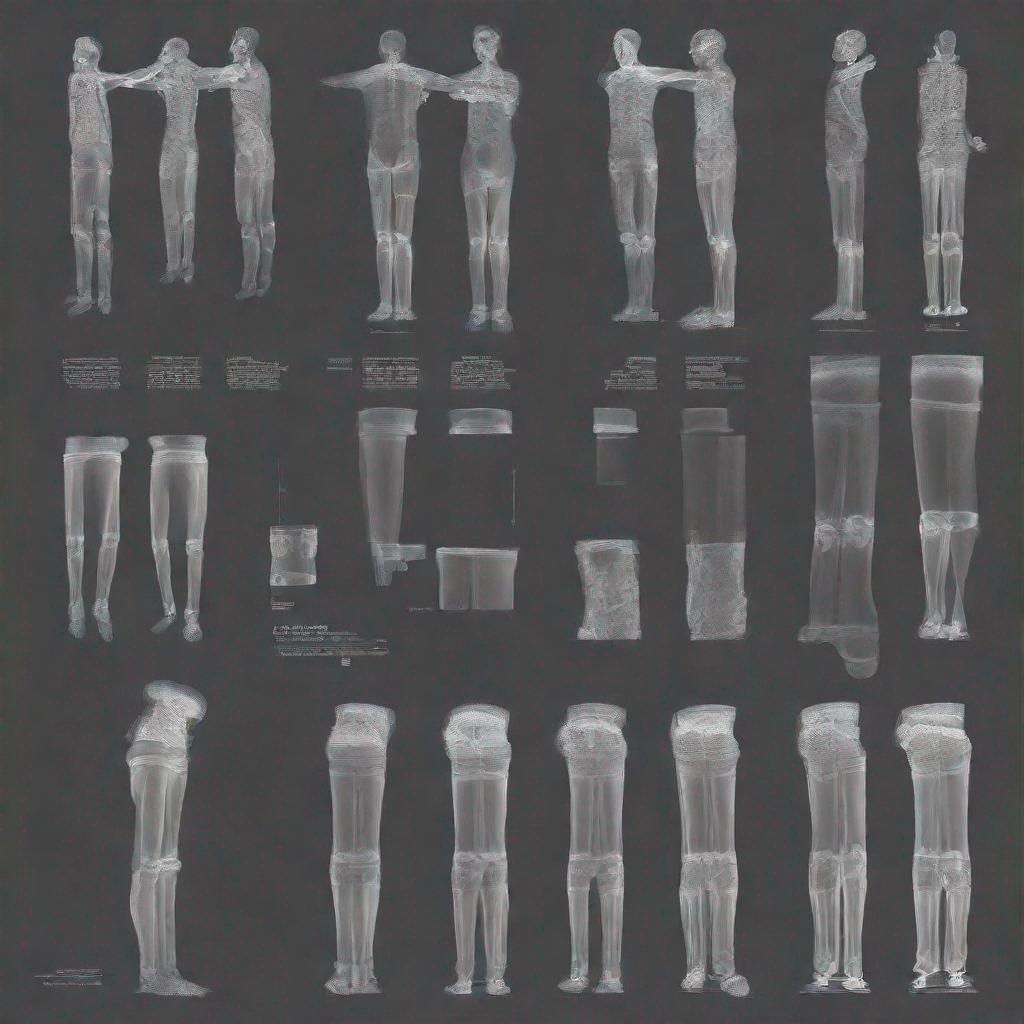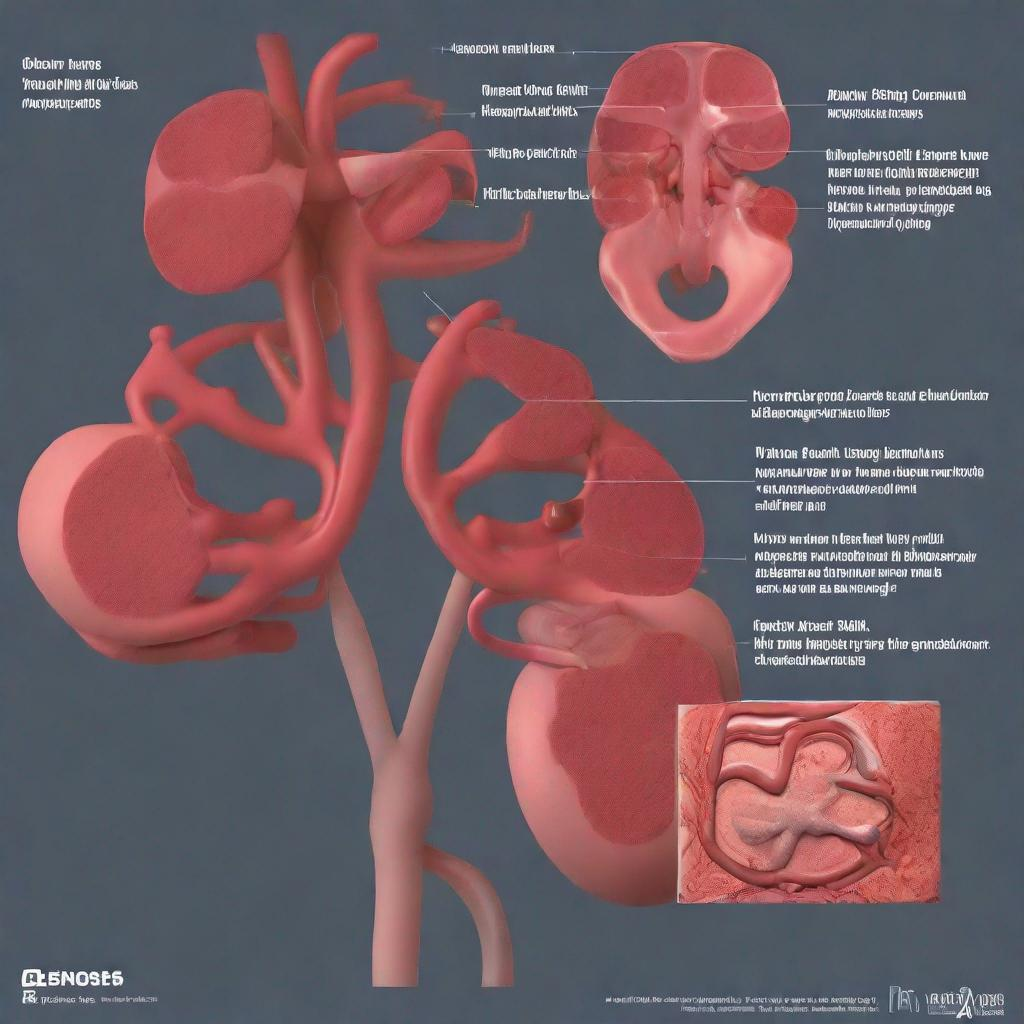## Dengue: A Comprehensive Guide
### Introduction
Dengue is a vector-borne viral infection that primarily affects tropical and subtropical regions of the world. It is caused by a Flavivirus transmitted through the bite of infected **Aedes mosquitoes**. The disease manifests with various symptoms and can range in severity from a mild febrile illness to life-threatening complications.
### Symptoms
The incubation period for dengue is typically 4-10 days. Symptoms usually develop abruptly and can include:
– **Fever** (104-106°F)
– **Headache**
– **Muscle pain (**myalgia**)
– **Joint pain (**arthralgia**)
– **Nausea** and **vomiting**
– **Diarrhea**
– **Rash** (typically maculopapular, occurring 3-7 days after fever)
– **Bleeding** (in severe cases: petechiae, epistaxis, hematemesis)
– **Shock** (in the most severe cases: dengue shock syndrome)
### Diagnosis
**Diagnosis of Dengue:**
1. **Blood test:** To detect the presence of viral antigen or antibodies.
2. **Platelet count:** To assess the risk of bleeding complications.
3. **Hematocrit:** To measure the volume of red blood cells, which can decrease with severe bleeding.
4. **Liver function test:** To evaluate liver damage.
5. **Kidney function test:** To assess kidney function, which can be impaired with severe dengue.
6. **Chest X-ray:** To detect pleural effusion (fluid in the lungs).
7. **Ultrasound:** To examine internal organs, such as the liver and spleen.
8. **Serology:** To identify antibodies specific to the dengue virus.
### Prevention
**Preventive Measures for Dengue:**
1. **Mosquito control:** Eliminate mosquito breeding grounds (e.g., stagnant water) and use mosquito repellents.
2. **Protective clothing:** Wear long-sleeved shirts and pants to minimize mosquito bites.
3. **Mosquito nets:** Use mosquito nets while sleeping or resting in affected areas.
4. **Vaccination:** A vaccine to prevent dengue is available, but it is only partially effective.
### Treatment
**Treatment for Dengue:**
– **Rest** and isolation
– Adequate **hydration** (oral fluids or intravenous fluids in severe cases)
– **Pain relievers** (e.g., acetaminophen, ibuprofen)
– **Antipyretics** (to reduce fever)
– **Anti-nausea medication**
– **Blood transfusion** or **platelet transfusion** if severe bleeding occurs
– **Intravenous fluids** to correct dehydration and prevent shock
– **Plasmapheresis** (removal of infected plasma in life-threatening cases)
### Complications
**Dengue Complications:**
– **Dengue hemorrhagic fever:** Severe bleeding and low platelet count
– **Dengue shock syndrome:** Severe hypotension and circulatory failure
– **Hepatitis:** Liver inflammation
– **Encephalitis:** Brain inflammation
– **Myocarditis:** Heart inflammation
– **Ascites** (fluid in the abdominal cavity)
– **Pleural effusion** (fluid in the lungs)
### Related Terms
– **Body Parts:** Liver, spleen, bone marrow, lymph nodes, muscles, joints
– **Conditions:** Dengue fever, dengue hemorrhagic fever, dengue shock syndrome, febrile myalgia, arthralgia, petechiae, epistaxis, hematemesis, ascites, pleural effusion
– **Symptoms:** Fever, headache, muscle pain, joint pain, nausea, vomiting, diarrhea, rash, bleeding, shock
– **Procedures:** Blood test, platelet count, hematocrit, liver function test, kidney function test, chest X-ray, ultrasound, serology
– **Synonyms:** Breakbone fever, Caribbean flu, Dandy fever, Philippine hemorrhagic fever, Singapore fever
– **Treatment:** Rest, fluids, pain relievers, antipyretics, anti-nausea medication, blood transfusion, platelet transfusion, intravenous fluids, plasmapheresis
– **Vaccinations:** Dengue vaccine
– **Related Terms:** Aedes mosquito, Flavivirus, vector-borne disease, endemic, pandemic, outbreak, control measures, surveillance, prevention, epidemiology



